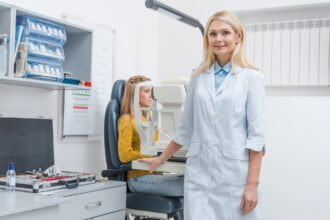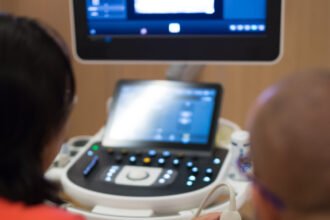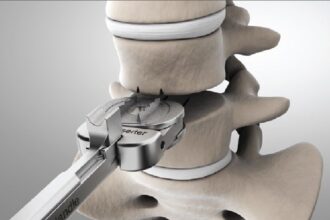I had to chuckle when I came across a blog post on KevinMD this morning. The post that appears on what is described as social media’s leading physician voice doesn’t mince words. In the post, Dr. Edwin Leap does an excellent job explaining why so many physicians are totally frustrated by health IT.
I had to chuckle when I came across a blog post on KevinMD this morning. The post that appears on what is described as social media’s leading physician voice doesn’t mince words. In the post, Dr. Edwin Leap does an excellent job explaining why so many physicians are totally frustrated by health IT.
I fully understand this frustration. In fact, until fairly recently I didn’t think information technology and the devices clinicians were being forced to use lived up to the task at hand. But increasingly, I feel that technology has now matured to the point that we can usually solve for many of the barriers and frustrations that make docs unhappy.
When I was in high school my mother forced me to take touch typing. At the time, I thought it was a total waste. In those days touch typing lessons were all about using a typewriter, but as it turned out those lessons served me well as the world moved on to computers. However, even for younger docs (the digital natives) as well as older clinicians who’ve mastered the keyboard, there’s still a fair amount of disdain for electronic records and other computerized solutions that have inserted themselves into the practice of medicine.
Dr. Leap makes some very good points, and IT staff would be wise to show more empathy to clinical staff who are doing the best they can to meet the demands of patient care while trying to incorporate technologies that often do not complement clinical workflow. One of the frustrating productivity drains mentioned by Dr. Leap is an issue that I frequently hear from my colleagues—needing to sign-in to and sign-off of clinical systems throughout the day. Even if the password process is manageable, some networks are very slow to respond. To a busy clinician, even seconds matter. Here’s what Dr. Leap had to say to IT staff on this topic:
Passwords and security make a lot of sense to you. You dwell in a world of hackers and identity theft, and you worship at the silicon altar of HIPAA. We, however, are busily seeing patients and trying to do it as quickly as possible in hospitals, clinics and especially ERs that have no off switch but which do track our quality in part by tracking our speed and efficiency. Thus, we have little time to spend logging on. And when we step away to, say, intubate a dying patient, the last thing we want to do is log back on to, 1) the computer; 2) the hospital EMR system; 3) the particular department system; and, 4) the radiology viewing system. However, here’s the really important part: Nobody is busily stalking behind us trying to look at medical records or interpret x-rays on strangers so that they can violate their privacy. We’re watching; trust me.
It was a nice idea but now it’s a poison. It is the law of unintended consequences on steroids. It’s all redundant, irrelevant, obnoxious busy work that stands between us and efficiency. If you really insist on it, then make it all biometric with thumb prints. Because tracking usernames and passwords is starting to take up more of our fragile brains than drug doses and diagnoses. And that, my friends, is not good.
Like I said at the top, Dr. Leap doesn’t mince words. He has lots more advice to share, so please read his post. However, on the topic of logging in and out of clinical systems, there are solutions for this all-to-common problem. Take a look at this video from Henry Mayo Newhall Memorial Hospital in Valencia, California.
So, you see, there are ways to mitigate many of the issues that drive clinicians nuts. You may not be able to solve every issue, but you’ll be richly rewarded when you can knock some of the most annoying ones off the list.








